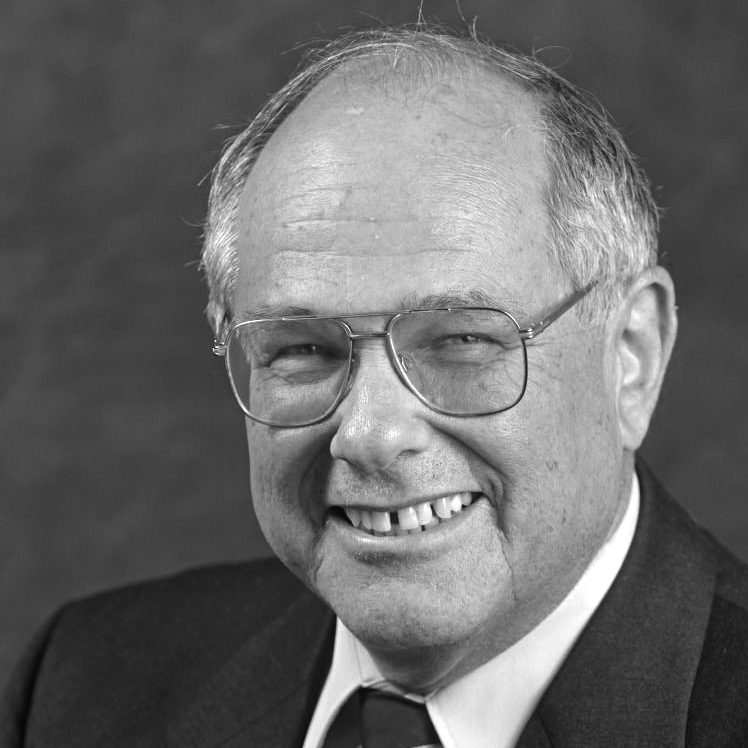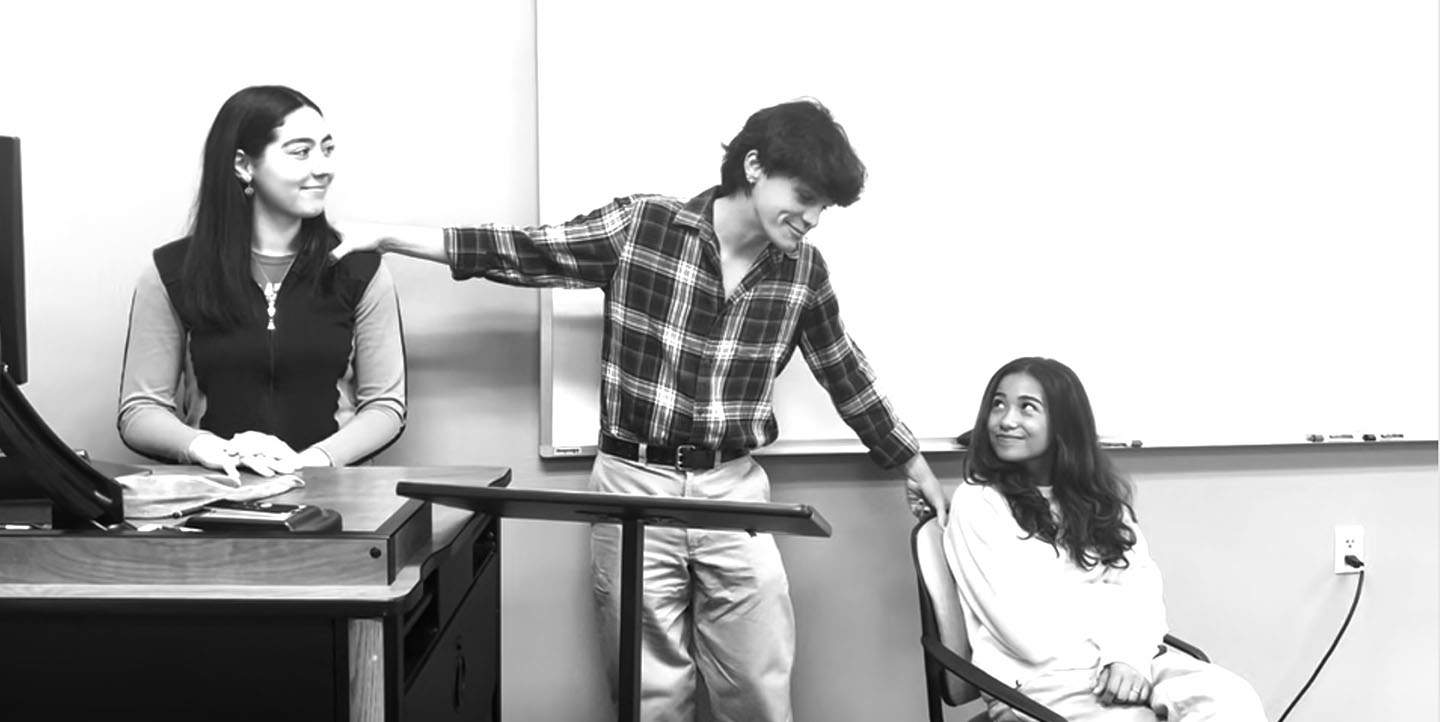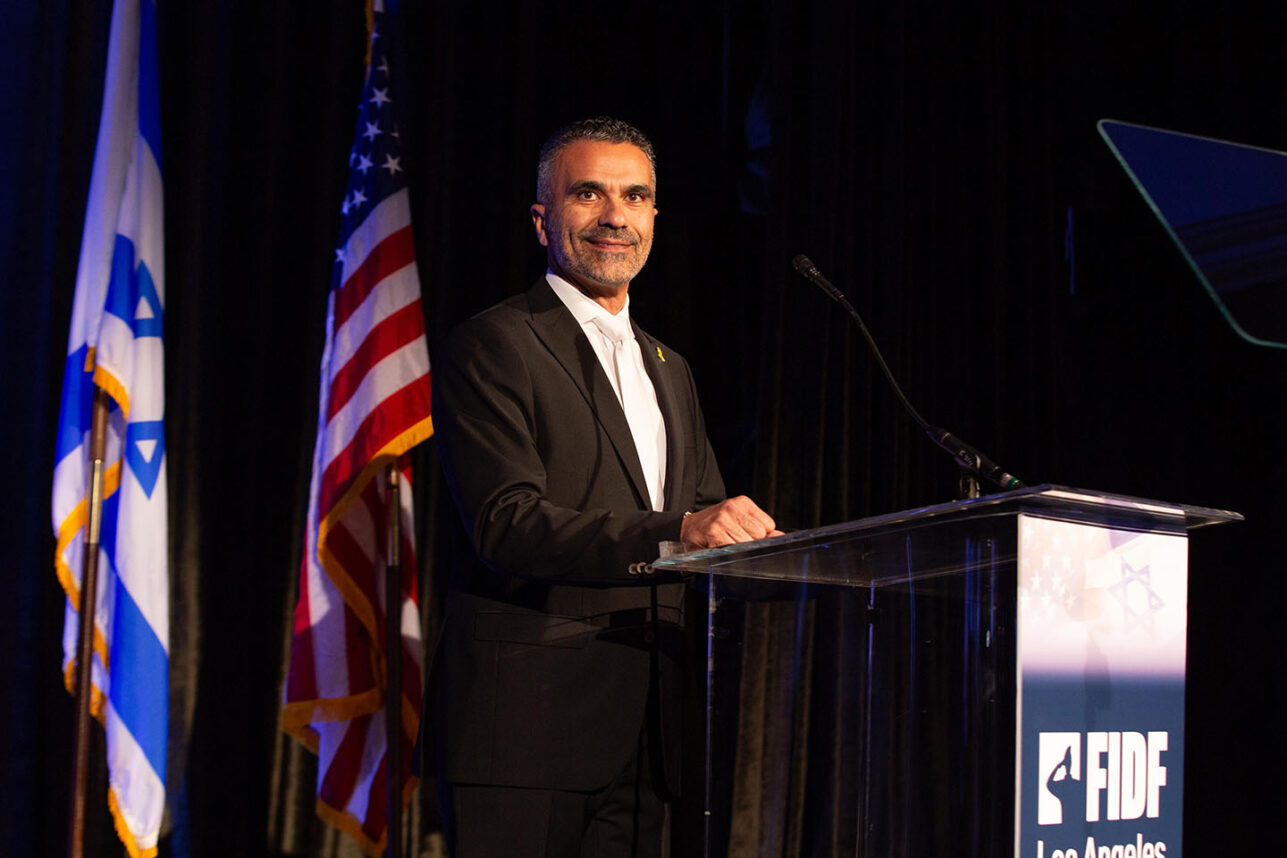This was my bar mitzvah portion 51 years ago, and I still remember what the rabbi said to me about it on the pulpit. So for all you parents and rabbis who speak to young adults becoming bar or bat mitzvah, take note: your words just may be remembered.
My rabbi, Rabbi Louis J. Swichkow, spoke about the 12 spies. Only two of them had the faith in God and the courage to say that the Israelites could conquer the land of Canaan, but they were right. Indeed, the entire Jewish people had to spend the next 40 years in the wilderness because of the faithlessness of the majority’s report.
Because I had spent the previous summer at Camp Ramah, and because at the time you had to be taking at least six hours per week of Jewish studies during the year to go back to Ramah, I was going to continue with my Jewish studies after my bar mitzvah. Rabbi Swichkow therefore used me to say to the congregation that real leaders are often in the minority, but they, like the spies, are often right.
I was more than a little embarrassed about that talk. It was bad enough that I was being singled out in public; no 13-year-old wants to be seen as different from the crowd, even for purposes of praise. Moreover, in my case I knew that the praise was less than completely warranted.
After all, I was not continuing with my Jewish studies out of a pure desire for more Jewish learning; I just wanted to go back to Ramah! That made me feel guilty as well: I was being held up as a leader for reasons that were not worthy of real leaders who sacrifice something for the good of others. In my case, my motives were instead completely, and embarrassingly, utilitarian.
I have often thought about that talk. In part, I suppose, that is because even though I knew that the rabbi was not accurately describing me at the moment, I somehow felt challenged to measure up to the kind of leader he said I was. I do not know whether I have accomplished that particular feat, but it is not a bad thing to give teenagers — and adults, for that matter — goals to reach for.
As Rabbi Jack Bloom, a psychologist, taught me as a part of a group of rabbis many years later, the very act of presenting a person with a view of himself or herself that is positive — perhaps even somewhat more positive than the person actually is — sometimes gets the person to think of him/herself that way and to strive to manifest that positive characteristic.
“You are a leader,” “You are a compassionate person,” “You like to learn about your heritage,” “You make sure that others feel good about themselves,” etc. are all important things to say to people, not only when they are deserved, but when you want to reinforce their own desire to aspire to a good goal. That is an important lesson for parents to learn in raising their children, for supervisors to use in encouraging their workers and for any person to know in interpersonal relations generally.
Another lesson that I learned from Rabbi Swichkow’s talk as I thought about it over the years is that human actions often are motivated by a variety of desires. In fact, we rarely do things for one reason alone — we may have one primary motive in our consciousness, but when we think about it, there are also other reasons why we do what we do.
A potential convert to Judaism, for example, may begin a process for conversion primarily in order to marry a Jew, but that person should only ultimately convert if over the course of the conversion process he or she also becomes motivated to become Jewish for the sake of Judaism itself.
When I was a bar mitzvah, I was not continuing my Jewish studies because I had made a conscious decision that I wanted to learn more about Judaism, and I certainly did not do that to be a model and a leader among my peers. But there was, in truth, a part of me, that part motivated by a previous summer at Ramah, that wanted to return there to be further exposed to living a Jewish life as it had been presented there. That desire to probe my tradition further became a greater part of my conscious motivations as life went on, but it was there in nascent form already on my bar mitzvah day.
And so I return to the spies. Caleb and Joshua saw the same land that the other 10 spies had seen, but they announced that the Israelites could conquer it despite its challenges. Sometimes that kind of positive self-perception and that kind of faith in oneself and in God is all that is needed to accomplish more than we ever thought we could.
So even if my rabbi’s bar mitzvah talk engendered embarrassment and guilt in me, I now want to thank him for challenging me in the way he did that day.
Rabbi Elliot N. Dorff, rector and distinguished professor of philosophy at the American Jewish University, is the author of “Matters of Life and Death: A Jewish Approach to Modern Medical Ethics” (Jewish Publication Society, 1998).






















 More news and opinions than at a Shabbat dinner, right in your inbox.
More news and opinions than at a Shabbat dinner, right in your inbox.